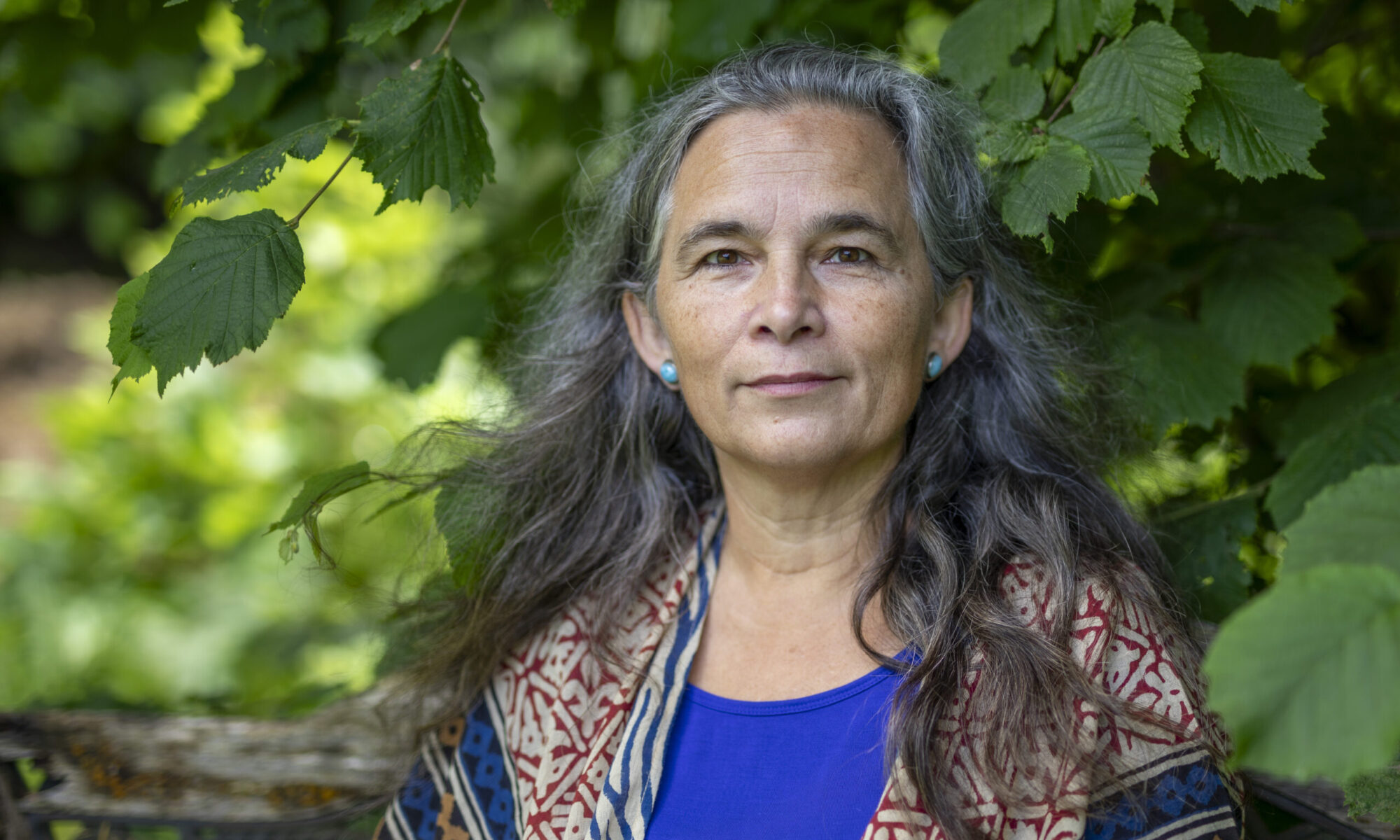One of the effects of the present situation is that we realise how interconnected humanity is. Never before have we so obviously been affected worldwide and simultaneously by such an unexpected, global challenge. Never before were such severe measures taken on such a large scale within such short notice.
Not everyone is affected in the same way. As Damian Barr formulated it: „We are not all in the same boat. We are all in the same storm. Some are on super-yachts. Some have just the one oar.“ We learn to see that as Humanity we are One. What troubles one human being, does have an effect on others even miles away. What is happening now can be heard as a wake-up call not to return to that which we had come to accept as normal. Change is needed.
There is a lot of potential for transformation in small groups. Although it is not always easy to get along with one another as we are co-creating something new, we can feel encouraged and inspired in our ups and downs by what the anthropologist Margaret Mead pointed out: „Never doubt that a small group of thoughtful, committed citizens can change the world: indeed, it’s the only thing that ever has.“
Since the beginning of time, people have been coming together in circles to share about themselves and their concerns. Over the past decades several self-organizing communities of practice have emerged that are based on the principle of a group of people meeting in circle. The methods being used vary according to the needs and purpose of the meeting. A large tool box for sharing, deep listening, and accessing wisdom is available by now. Just to give you a taste and name a few, I pick some that I have been using in different settings: Circle of Wisdom, Council, Collective Presencing, Open Space, World Café, The Circle Way, Case Clinic, Systemic Constellations, and the Flow Game.
It comes as no surprise that several of these tools have been taken online and allow for all sorts of configurations: local, regional, national, international, global. They enable us to hear and learn from one another’s experiences.
As we are confronted with an existential crisis, there seem to be at least four phases or states that we move through. They are not necessarily linear-consecutive, as they can overlap and repeat themselves.
They might be described as:
1. Accepting what is happening – As we witness how systems, habits and certainties break down or dissolve, we allow ourselves to feel in shock, sense pain or grief, and express what is happening for us.
2. Sense-making – As we experience ambiguity and uncertainty, we try to frame our experiences and give meaning to them.
3. Letting new forms, attitudes, values, etc. emerge – We try to find ways to act in the unknown. As a result of break-down, chaos, pressure, sense-making, visionary power and/or inner alignment new possible ways of being and acting become visible.
4. Giving shape and form to those new ways
A few days into the global lockdown (March 23rd, 2020), Brian Stout published an interesting online article called „Turning toward: connecting under quarantine. On the transformative potential of small groups“. He poignantly concluded his reflections with the following lines: „Let’s reconnect. We can’t do so physically, so we need to find ways to use technology to build trust, deepen relationships, and collaborate together. Of necessity, we’re suddenly liberated from the boundaries of geography: the world is your small group.“
Sense-making and co-creating start by sharing our stories and concerns. A small group that I am part of has been developing a new platform called CoronaCircles. It intends to make it easier to come together online in local and global circles and listen deeply to one another in times of quarantine and social distancing. We hope to launch it sooner than soon. Stay in touch!

